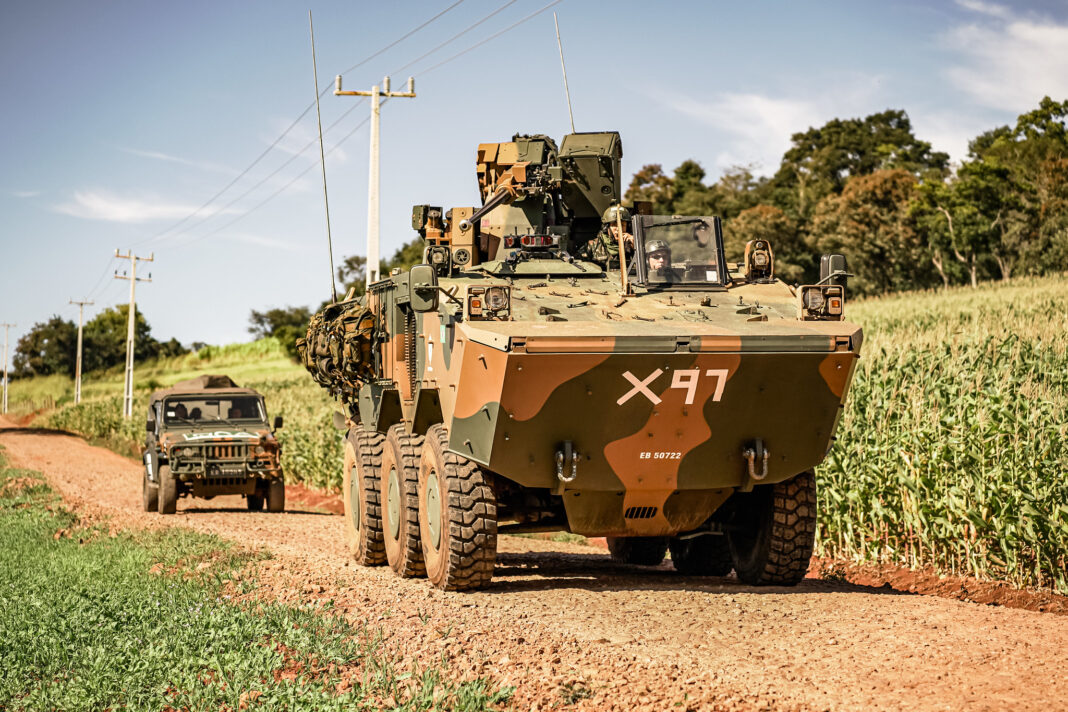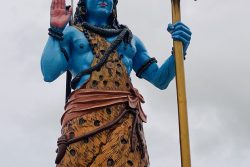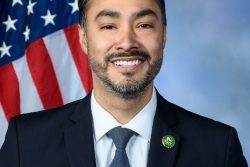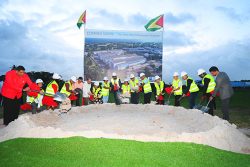BRASILIA, (Reuters) – Brazil’s military is reinforcing its northern border due to rising tensions between its neighbours Venezuela and Guyana over Venezuela’s claim to the Essequibo region, the Ministry of Defense said today.
The Brazilian army is moving armored vehicles and more troops to Boa Vista, the capital of Roraima state that borders both Venezuela and Guyana after Venezuelans voted in a referendum on Sunday to approve the annexation of the Essequibo.
The four-wheel drive Guaicuru armoured vehicles will join an upgraded 18th Mechanized Cavalry Regiment whose force will increase to 600 soldiers to improve security along the border and intensify surveillance to avoid surprises, a military source told Reuters.
“Neither side will be able to take advantage of our territory,” the army officer said.
At issue is a 160,000-square km (61,776 square-mile) region more than twice the size of Ireland that is mostly thick jungle. Venezuela reactivated its claim over the Essequibo in recent years after the discovery of offshore oil and gas.
Brazil’s top diplomat for Latin America and the Caribbean, Gisela Padovan, said the main road connection between Venezuela and Guyana is through Brazilian territory due the inaccessible terrain of the Essequibo, but its use in any military action would not be accepted by her country.
“We are following the situation with concern. I do not believe it will come to an armed conflict,” she said in an interview today in which she urged a peaceful resolution.
In Sunday’s referendum, Venezuelan voters rejected the jurisdiction of the International Court of Justice over their country’s territorial dispute with Guyana and supported the creation of a new Venezuelan state in the potentially oil-rich Essequibo region.
The court on Friday prohibited Venezuela from taking any action that would alter the status quo in the area, but President Nicolas Maduro’s leftist government went ahead with the referendum.
Brazil did not ask Venezuela to cancel the vote, but President Luiz Inacio Lula da Silva’s government is expected to criticize the stepped up Venezuelan campaign for the Essequibo.
The region has been in dispute since the 19th century, when Guyana was a British colony. An international tribunal in Paris in 1899 settled the issue, but Venezuela says the ruling was rigged.










